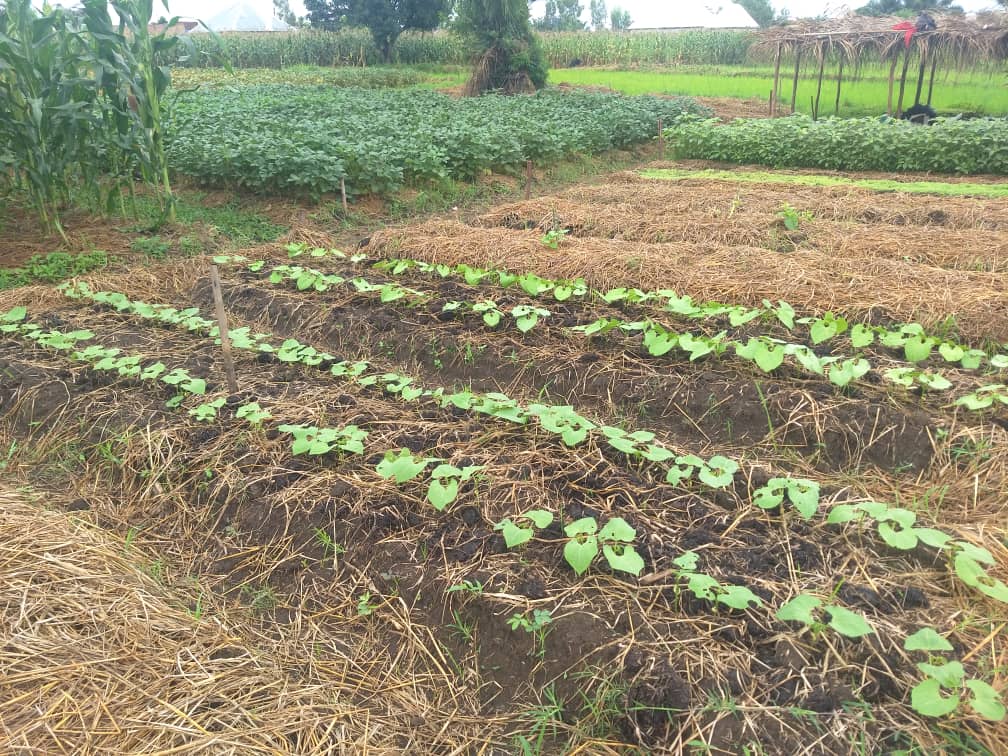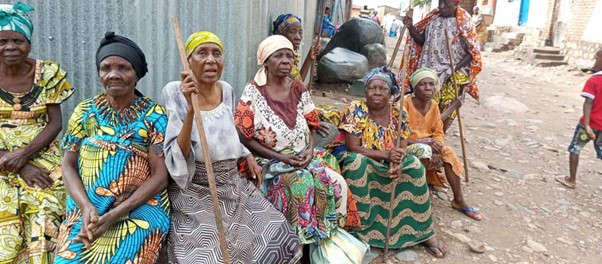Congo: Training Center in Sustainable Agriculture
Improving the living standards of Congo’s original inhabitants
For the poorest of the poor
The Pygmies are the original inhabitants of Congo (DRC) and mostly still live as hunters and gatherers. They have no farming skills. Many of them have fled due to deforestation and violence. Among these refugees is a lack of food, water, clothing and housing. The children are not or hardly brought up and they do not go to school. There is some emergency aid from the government, but no development opportunities.
Statistics Congo
People in Congo mainly eat maize and cassava
The pygmies are the original inhabitants of the Democratic Republic of Congo
Pygmies are disadvantaged and barely educated
Agricultural training allows them to work toward food security and an income

Plan of Action
Tree of Life wants to sustainably improve the living standards of these people by teaching them agricultural skills. Because many of them do not have access to land, we bought a hectare of land near the town of Kalemie in Tanganyika.
A training room, various demonstration fields and a well will be built on this land. Ten participants are allocated a portion of the land to farm so that they can obtain food security for their own families. The Pygmies have no money to pay for training themselves. They contribute a small part of the harvest or provide labor in return.
The basic food of the people is maize and cassava, in addition, attention will be paid to a vegetable garden. The proceeds from the demo fields will be given to support widows and orphans. In this demo location groups of 30 people at the time can be trained throughout the year.
Empowering People
Project leader Sethi Munenwa is a local pastor who founded three churches among the Pygmies. The first students will be church members, who can invite others from there. The farming method that will be taught is Foundations for Farming. A climate-proof method based on Biblical principles. In the training, the Gospel is explained on the basis of agriculture. With a low input (no fertilizers and pesticides) this method can achieve a high output.

What Do We Hope to Achieve?
- Creating opportunities for Pygmy refugees
- Contributing to a sustainable solution against poverty
- Creating jobs for agricultural trainers
- Equipping the local church
I want to donate!
Yes, I want to contribute to this vision
